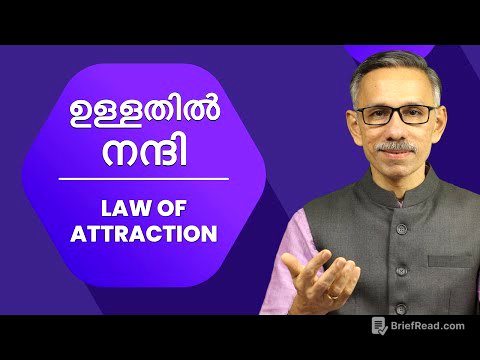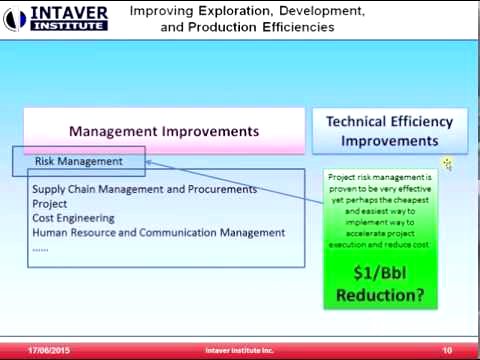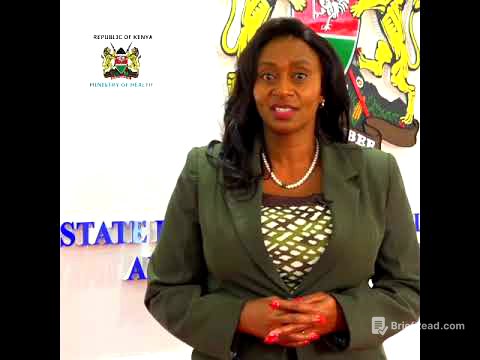TLDR;
This video discusses the growing tensions between the Egyptian and Saudi regimes, highlighting the marginalization of Sisi and the increasing criticism from Saudi media figures. It also touches on internal issues within Egypt, such as the controversial constitutional amendments and a new law leading to potential displacement of citizens, urging Egyptians to unite and take action through a collective protest on September 5th by staying home from mosques and churches.
- Growing tensions between Egyptian and Saudi regimes.
- Criticism of Sisi's leadership and internal policies.
- Call for unified action and protest on September 5th.
Introduction: Current Political Climate [0:00]
The speaker begins by stating that many predicted events are now unfolding, particularly concerning the relationship between the Egyptian and Saudi regimes. There's a clear and significant problem, with Sisi being marginalized in decision-making processes related to the Middle East and lacking financial, political, and popular support. This marginalization is evident in Sisi's exclusion from important meetings, such as Trump's meeting in Saudi Arabia.
Media Quarrel: Egyptian vs. Saudi [0:50]
A media quarrel has erupted between Sisi's media and Saudi media, focusing on figures like Kamel Al-Wazir. Egyptian media figures affiliated with intelligence and Sisi, such as Ahmed Moussa and Nashat El-Diya, are defending Kamel Al-Wazir, while Saudi and Emirati media figures, like Amr Adeeb and Khaled Abu Bakr, are criticizing him. This conflict highlights deeper issues and tensions between the regimes.
Diplomatic Tensions: Acknowledging Allies [2:21]
Dr. Samia Asla, an Egyptian media figure, thanked the Emirates, Kuwait, and Bahrain, but not Saudi Arabia, for their support. This is despite Saudi Arabia providing significant financial aid to Sisi's regime. Qana’i Al-Ghamdi, a Saudi media personality close to the Saudi royal court, responded critically, suggesting Sisi's regime is nearing its end and that those supporting it will face consequences.
Saudi Media Criticism and Egyptian Response [5:41]
A Saudi media figure criticized Sisi, leading to a response from Egyptian media personality Youssef Al-Husseini, who was warned about the legal repercussions of his statements under Egyptian law. Khadija Abdullah, another Saudi media figure, condemned Al-Husseini for his changing stances and reminded him of his past criticisms of the Saudi leadership. The quarrel signifies heightened tensions and direct criticism from Saudi Arabia towards Sisi's regime.
Internal Issues: Constitutional Amendments and Public Dissatisfaction [7:55]
The speaker notes that Saudi Arabia has put its hand on Sisi and his regime. Despite this, Sisi has not released detainees or improved the situation for Egyptians. Media figures are urging patience, but Mohamed El-Bas is calling for amending the constitution and reconsidering the president’s term. The speaker suggests that Sisi may try to extend his term through constitutional amendments, potentially leading to further public discontent.
Call to Action: September 5th Protest [10:09]
The speaker urges Egyptians to take action instead of passively waiting for disaster. He calls for a collective protest on September 5th, where people should stay home from mosques and churches to demonstrate their dissatisfaction with the state of the country. This unified action aims to show the world the Egyptian people's discontent and their ability to unite despite efforts to divide them.
Intelligence Involvement and Controversial Law [12:20]
The speaker highlights the involvement of Egyptian intelligence in manipulating public opinion and criticizes a new law that could lead to the expulsion of millions from their homes. He argues that this law was passed without proper societal discussion and represents the interests of Zionists and Israel in Egypt. The speaker condemns the law's implementation and calls for a balanced approach that considers the rights of both property owners and tenants.
Unite and Protest: A Call for Change [16:10]
The speaker reiterates the call for Egyptians to unite and protest on September 5th by staying home from mosques and churches. This action is meant to send a clear message that the people are dissatisfied with the current state of the country and that change is necessary. The speaker emphasizes that the solution lies within the Egyptian people themselves, not external powers, and that this protest is the first step towards bringing down the "worn-out, expired regime."









